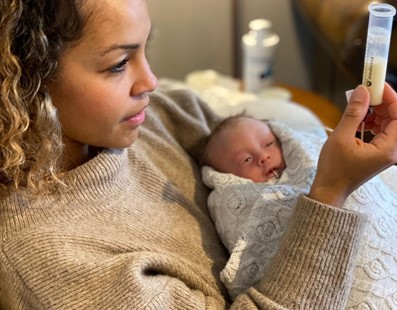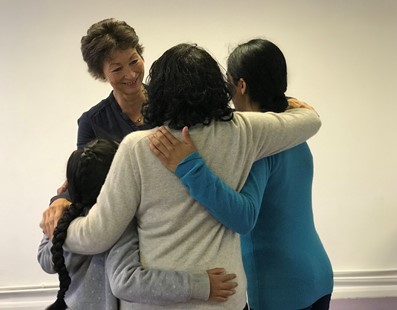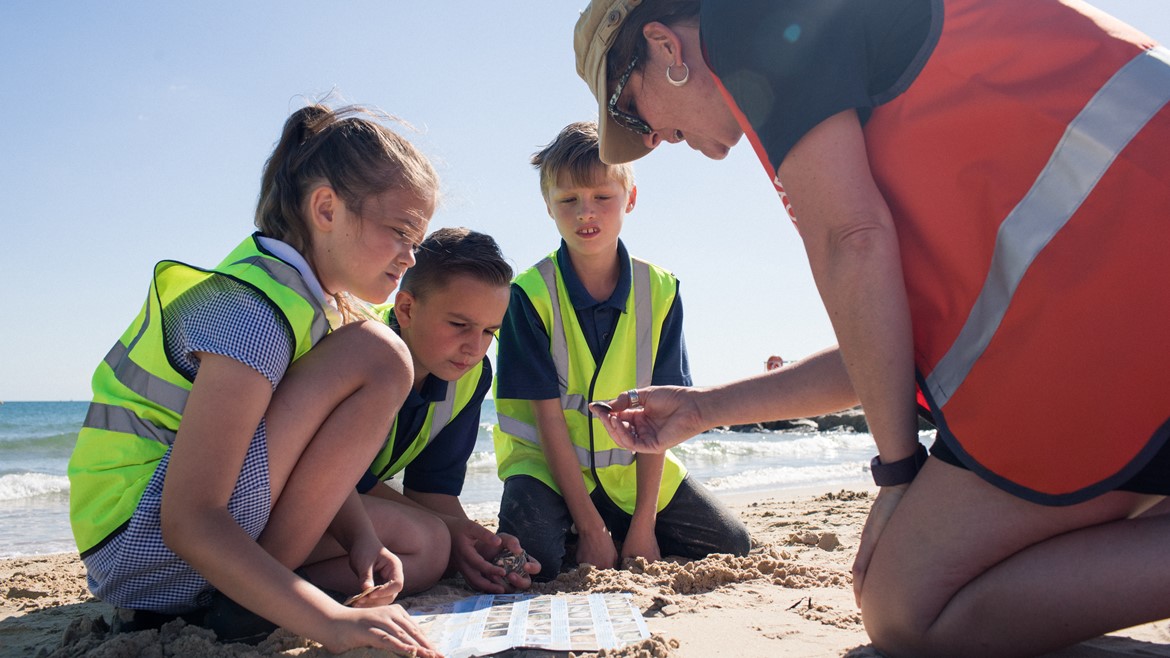
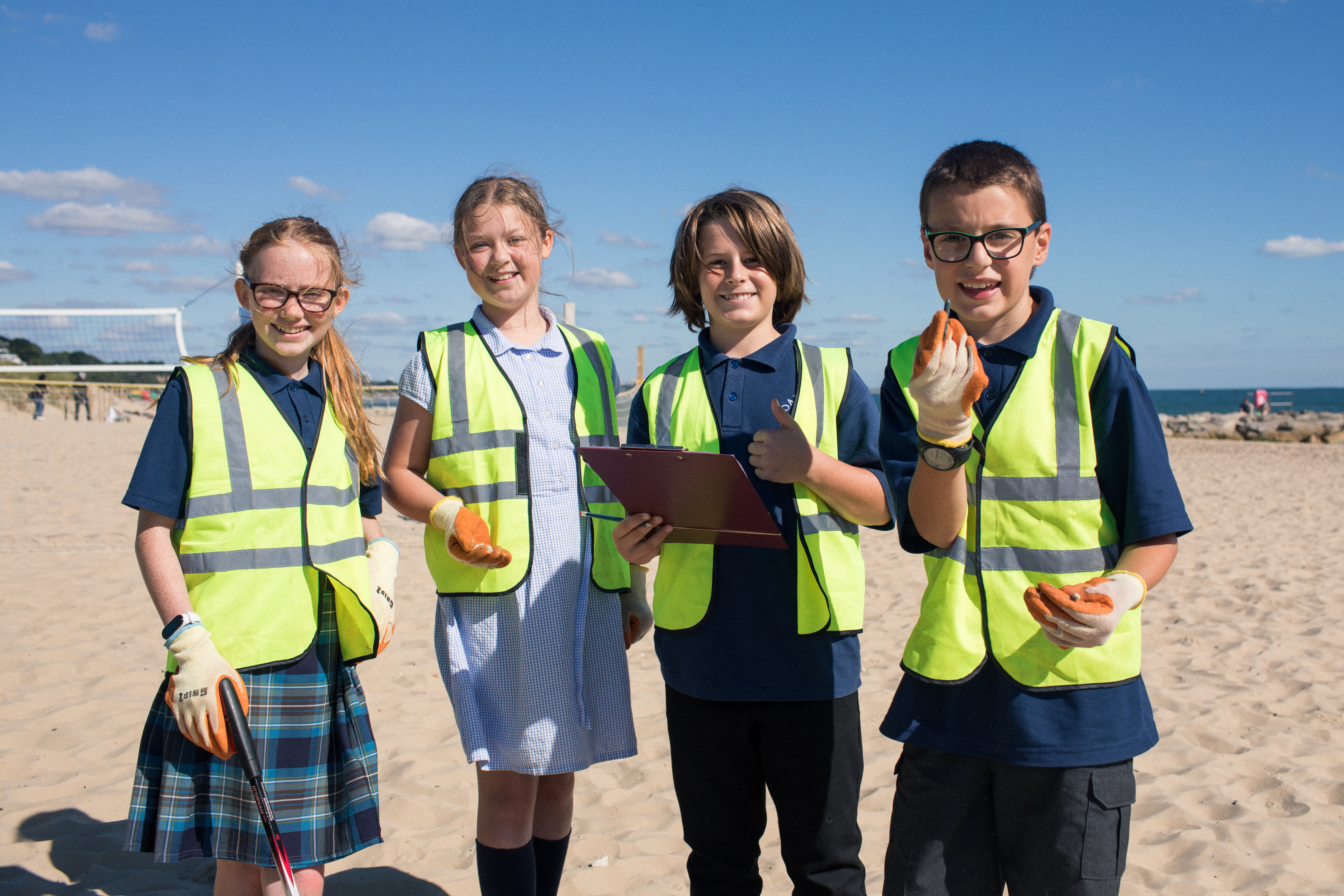
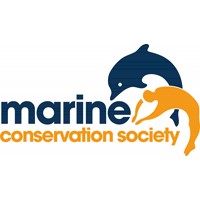
Charity Overview
The Marine Conservation Society (MCS) fights for the future of our ocean through people-powered action - with science on their side. Today our ocean is in poor health because of human activity. MSC are determined to change this, working with communities, businesses and governments. For more than 30 years they’ve been the voice of the sea, defending our coastal habitats and species. MSC work towards a cleaner, better protected, healthier ocean. One we can all enjoy. Together, we can achieve their vision of seas full of life, where nature flourishes and people thrive.

Project Summary
Funding from ICAP Charity Day 2020 was given to support the Cool Seas Clean Up project with an intended reach of around 6,000 young people in junior and secondary schools providing them with resources and hands-on activities such as beach cleans, as well as circular economy and closed loop waste models to interrogate. Pupils would analyse litter trends and types of litter found on UK beaches using our Beachwatch data to ask in depth questions about the different litter sources and challenges to reduce ocean litter in the long term.
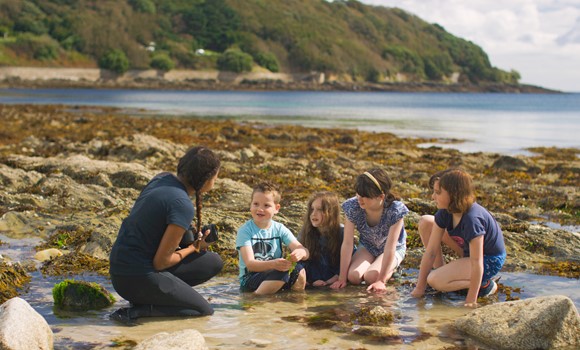
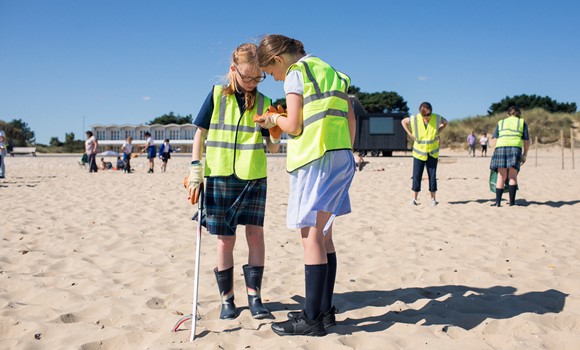
Despite the Covid challenge over the past 18 months, and whilst Marine Conservation Society weren't able to engage children on the beach for this reason, they worked with young people online through a series of webinars for primary and secondary schools reaching 2,261 young people. The webinars are still hosted on their YouTube channel and continue to be accessed regularly, providing an on-going legacy for this work.
We are hugely grateful to ICAP for their support of our beach learning programme. Despite the challenges of the last year, ICAP has enabled us to develop a legacy through our digital resources and is supporting our upcoming redevelopment so we can create up to date, hand on learning for young people of all ages.Jenny Griffiths, Education Manager at MCS
In preparation for the Great British Beach Clean 2021, the charity reviewed and redeveloped their resources for schools. For the first time, they now have resources for primary, for secondary and we also tailored a version to send pupils who may have limited acccess to the beach. Resources were also developed for groups, like Scouts and Brownies.
Each resource includes indoor learning, exploring the issue and how it relates to their own lives and location as well as a focus on interrogating their Beachwatch data. Groups are encouraged to collect their own data through either a beach clean or Litter Quest in their own locality. Resources are provided to help young people explore the relationship between the data they collect and what we find on beaches nationally. Taking local action and sharing learning with the wider community are key themes and all resources are curriculum linked to make them more usable in schools.
The resources they were able to create with the ICAP funding can be found here:
PRIMARY https://www.mcsuk.org/what-you-can-do/fun-learning/primary-learning/teaching-resources/gbbc-primary/
SECONDARY https://www.mcsuk.org/what-you-can-do/fun-learning/secondary-learning/teaching-resources/gbbc-secondary/
YOUTH GROUPS https://www.mcsuk.org/what-you-can-do/fun-learning/youth-groups/scouting-and-guiding-resources/the-great-british-beach-clean/

